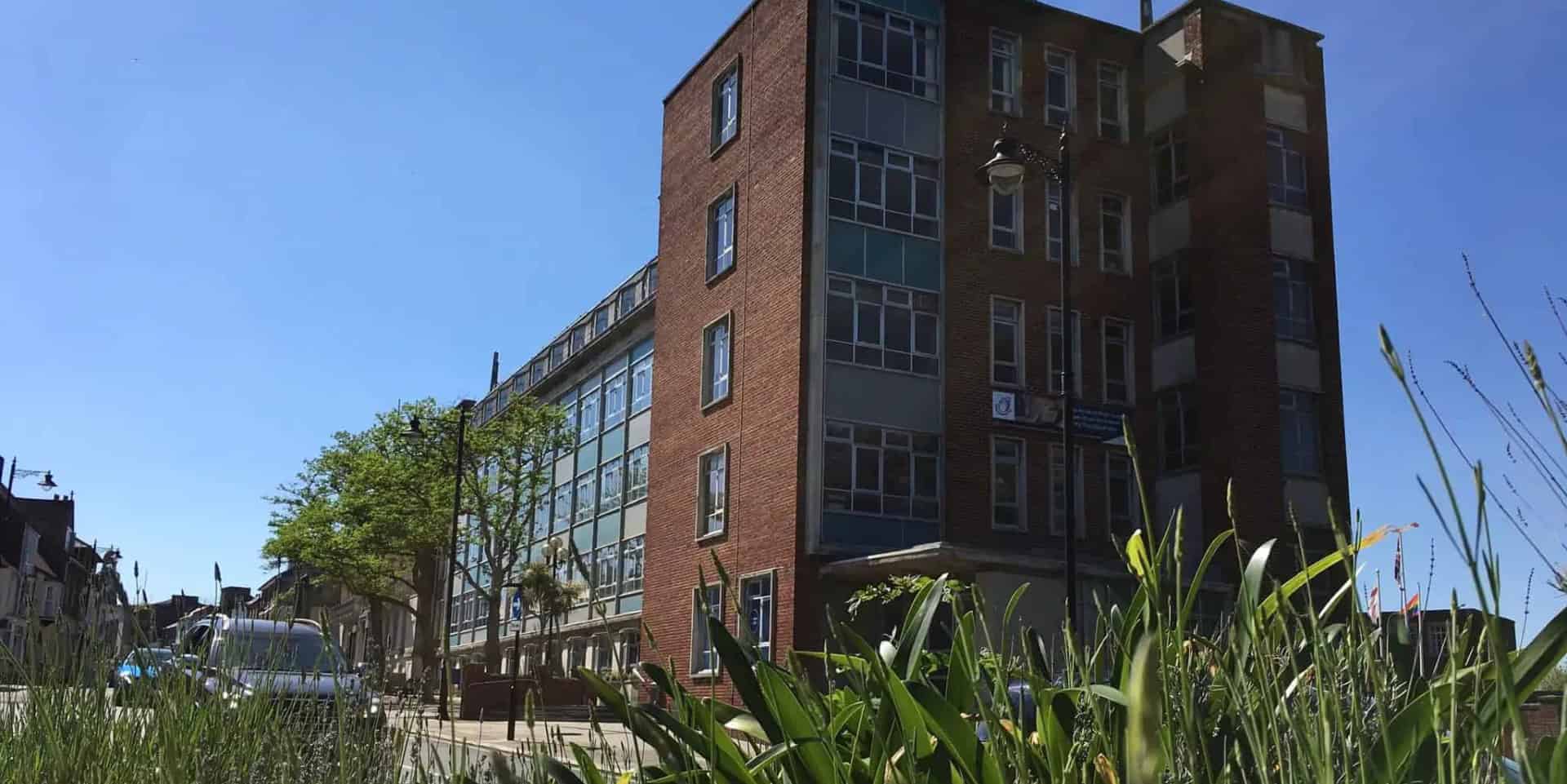Councillor Michael Lilley, representing Ryde Appley and Elmfield, has formally objected to the Isle of Wight council’s recommendation to close Oakfield School, as part of the School Place Planning process.
In a detailed letter addressed to education leaders, Councillor Lilley expressed deep concerns about the consultation process and the timeline for decision-making, describing it as “unacceptable, unfair and unreasonable”.
Objections to the process
Councillor Lilley stated he was “shocked” that his objections and views as a local councillor had seemingly been overlooked. Due to health reasons, he is unable to review the extensive 1,400-page school place plan in detail ahead of the decision scheduled for 12th December.
He criticised the late publication of the report, noting that this left limited time for stakeholders to analyse its contents and challenge its conclusions. He called the timing “unfair and unreasonable,” asserting that the rushed approach undermines the basic human right to reply.
Transparency concerns raised
Councillor Lilley highlighted a significant issue with Cabinet members receiving a confidential pack to guide their decision-making. He compared this to providing a jury with information unavailable to a defence team, claiming it risks swaying decisions unfairly.
To address this, he has invoked the Freedom of Information Act, requesting that the confidential materials be made accessible to all councillors, including the Corporate Scrutiny Committee (which meets next Tuesday). Without this transparency, he argued, proper scrutiny of the report and the decision-making process would not be possible.
Standing down for objectivity
Due to his health and his firm opposition to the report, Councillor Lilley confirmed that he has stepped down from his role on the Corporate Scrutiny Committee. His position will be taken up by Councillor Nick Stuart of the Liberal Democrats.
Councillor Lilley urged Cabinet members to postpone their decision, advocating for a full exploration of alternative proposals, a comprehensive risk impact assessment and meaningful dialogue with stakeholders, including the Church of England Diocese Education Board.
A call for courage and reflection
Councillor Lilley concluded his letter by calling on the Cabinet to prioritise objectivity over urgency. He stressed the importance of a decision-making process that is fair, transparent, and legally sound, adding that the current approach risks a legal challenge.
“The consultation process must be fair, transparent, accurate, and reasonable,” he wrote. He called for Cabinet members to show courage by resisting pressure to make a rushed decision and instead allow time for proper reflection and debate.
The future of Oakfield School, and five other Isle of Wight primary schools, now hinges on the Cabinet’s decision on 12th December. Councillor Lilley’s intervention has intensified calls for a more considered and inclusive process.





